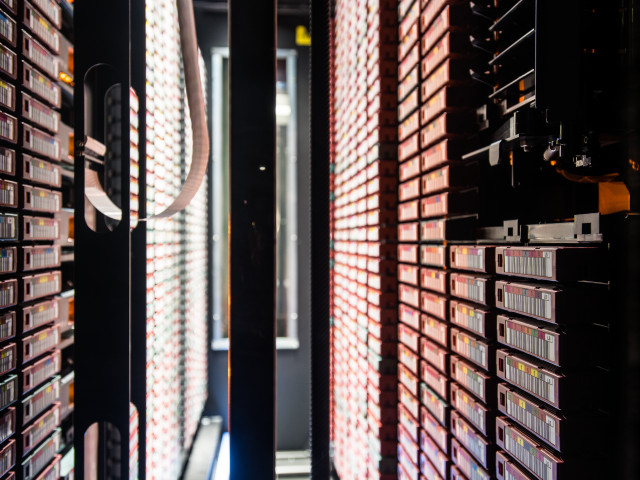This course focuses on network and link layer communication protocols, and the emphasis is on the generic mechanisms at these two layers. To get a deeper understanding of these mechanisms we evaluate and compare the design of different protocols, i.e., not only Ethernet and TCP/IP. To further illustrate these principles and get hands-on experience the course contains a set of lab assignments and a project.
IK2204 Advanced Internetworking 9.0 credits
This course has been discontinued.
Decision to discontinue this course:
No information inserted
Information per course offering
Course offerings are missing for current or upcoming semesters.
Course syllabus as PDF
Please note: all information from the Course syllabus is available on this page in an accessible format.
Course syllabus IK2204 (Autumn 2008–)Content and learning outcomes
Course contents
Intended learning outcomes
Students will get a deep understanding of layer 2 and layer 3 protocols and hands-on experience in setting up and operating TCP/IP networks.
This means that, after the course, students will be able to:
* describe the functionality of devices and explain design principles of protocols at the link and network layers (such as brigdes/switches, spanning tree, routers, link-state routing protocols, multicast, address structures).
* critically evaluate existing as well as new communication protocols designs in general and link and network layer protocols in particular, using technical considerations such as scalability, robustness, and manageability as a basis of comparison.
* based on general principles and studies of different protocol standards (such as IP, Appletalk, IPX, CLNP, OSPF) compare and describe advantages and disadvantages of different protocol designs.
* design, configure, and operate a TCP/IP network, and to provide TCP/IP services to end-users, using primarily PC hardware and Unix. Students will be able to set up and describe how the following services work:
- dynamic address assigment (DHCP)
- interior routing protocols
- domain name system (DNS)
- TCP/IP application servers, such as mail and web
Literature and preparations
Specific prerequisites
Required: Knowledge in computer communications.
For instance a course in Internetworking ( e.g., 2G1305 or 2G1507).
Recommended: Experience of working in Unix environments.
Literature
Interconnections, Second Edition, Radia Perlman
Upplaga: 2nd edition Förlag: Addison Wesley År: 2000
ISBN: 0201634481
Examination and completion
Grading scale
Examination
- TEN1 - Examination, 4.5 credits, grading scale: A, B, C, D, E, FX, F
- LAB1 - Laboratory Work, 1.5 credits, grading scale: P, F
- UPP1 - Assignments, 3.0 credits, grading scale: P, F
Based on recommendation from KTH’s coordinator for disabilities, the examiner will decide how to adapt an examination for students with documented disability.
The examiner may apply another examination format when re-examining individual students.
If the course is discontinued, students may request to be examined during the following two academic years.
Other requirements for final grade
The course is divided into three parts, and to receive a final grade "pass" all three parts must be approved:
* Written exam (A-F)
* Laborations (Pass/Fail)
* Project assignment (Pass/Fail)
The final degree is based on the result of the written exam.
To receive grade "pass", the student should be able to describe and explain design principles for communication protocols dealt with during the course, as well as be able to apply these protocols in real TCP/IP networks.
To receive a higher grade, the student should also be able to critically evaluate and assess different communication procols as well as be able to compare and explain advantages and disadvantages with various protocol designs.
Examiner
Ethical approach
- All members of a group are responsible for the group's work.
- In any assessment, every student shall honestly disclose any help received and sources used.
- In an oral assessment, every student shall be able to present and answer questions about the entire assignment and solution.